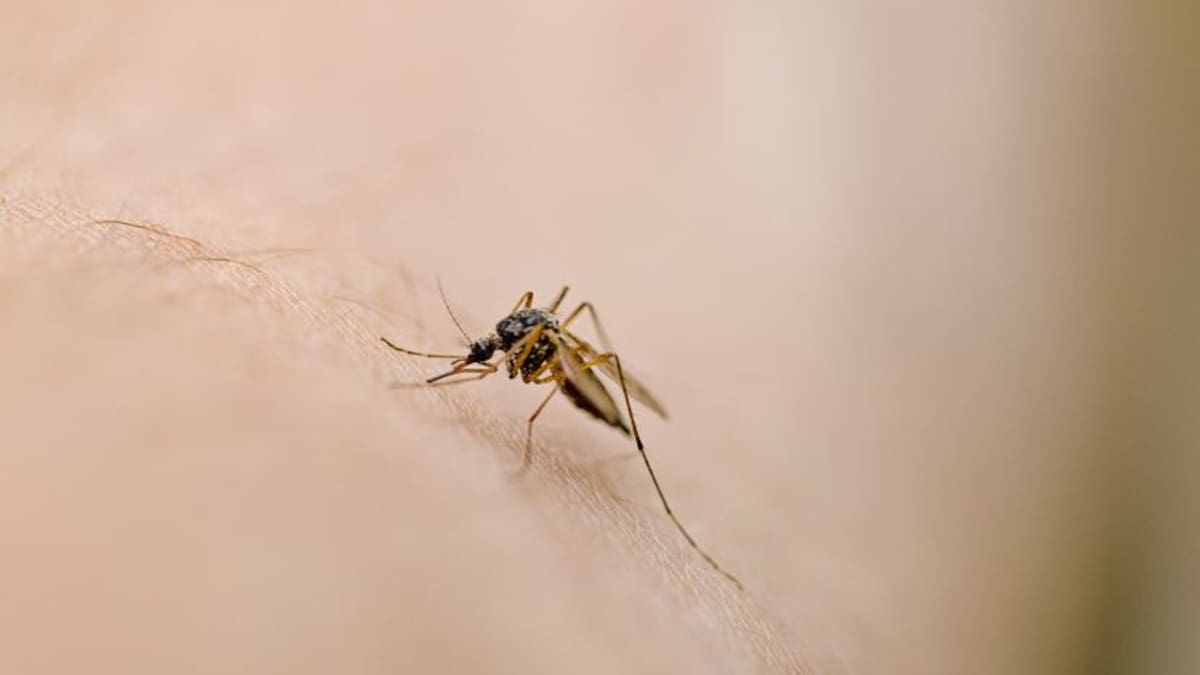Dengue Fever Alert: Cook Islands Confirms Seven Cases
The Cook Islands Ministry of Health has issued a dengue fever alert after confirming seven cases of the mosquito-borne illness on the island nation. This marks the first reported cases of dengue fever in the Cook Islands in several years, prompting urgent public health measures to prevent a widespread outbreak.
What is Dengue Fever?
Dengue fever is a viral infection transmitted to humans through the bite of infected Aedes mosquitoes. Symptoms typically appear 4-7 days after the bite and can include:
- High fever: Often exceeding 104°F (40°C)
- Severe headache: Especially behind the eyes
- Muscle and joint pain: Often described as "breakbone fever"
- Nausea and vomiting: Leading to potential dehydration
- Skin rash: Appearing 3-4 days after the fever begins
While most dengue fever cases are mild and self-limiting, severe cases can develop into dengue hemorrhagic fever (DHF) or dengue shock syndrome (DSS), which can be life-threatening. Early diagnosis and treatment are crucial.
Public Health Response in the Cook Islands
The Cook Islands Ministry of Health is taking swift action to contain the outbreak:
- Increased Mosquito Control: Teams are intensifying mosquito control efforts, including fogging, larviciding (killing mosquito larvae), and public awareness campaigns on eliminating mosquito breeding grounds.
- Public Health Education: The ministry is actively disseminating information to the public on dengue fever symptoms, prevention, and seeking medical attention. They are emphasizing the importance of eliminating stagnant water sources around homes and businesses.
- Enhanced Surveillance: Health officials are closely monitoring reported illnesses and enhancing surveillance to detect and manage any further cases promptly.
- Collaboration with International Organizations: The ministry is working collaboratively with international health organizations such as the World Health Organization (WHO) and the Pacific Community (SPC) to leverage expertise and resources.
What Can Travelers and Residents Do?
Both residents and travelers to the Cook Islands can play a vital role in preventing the spread of dengue fever:
- Mosquito Repellent: Use EPA-registered insect repellents containing DEET, picaridin, IR3535, or oil of lemon eucalyptus.
- Protective Clothing: Wear long-sleeved shirts, long pants, and socks when outdoors, especially during dawn and dusk when mosquitoes are most active.
- Mosquito Nets: Use mosquito nets, especially when sleeping, to further protect against mosquito bites.
- Eliminate Breeding Grounds: Empty and clean containers that hold standing water, such as flowerpots, buckets, and discarded tires, regularly.
- Seek Medical Attention: If you experience symptoms of dengue fever, seek immediate medical attention. Early diagnosis and treatment are essential for a positive outcome.
Staying Informed
The Cook Islands Ministry of Health is the primary source of information on the current dengue fever situation. Regularly check their website and social media channels for updates. This evolving situation requires vigilance and proactive preventative measures.
Disclaimer: This article provides general information and should not be considered medical advice. Always consult with a healthcare professional for any health concerns. The information presented here is based on publicly available data as of the writing date and may be subject to change. Check with official sources for the most current and accurate information.

